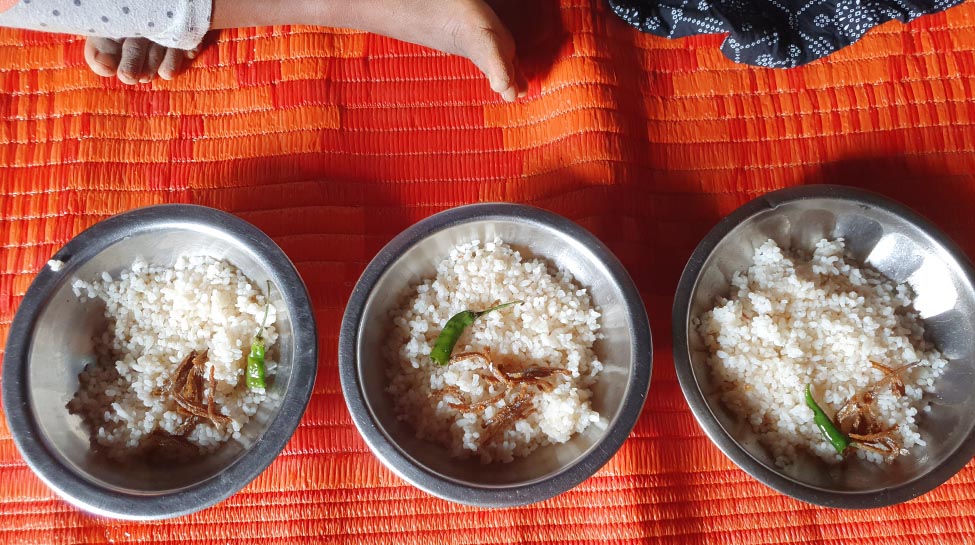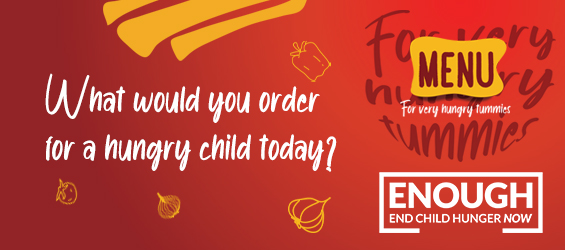Hunger is a silent emergency.
Many families in Sri Lanka can no longer afford a regular meal and are already skipping meals or have reduced the variety in their meals.
Exchange Plates, is more than just a fundraiser… It is an experience.
We encourage you to not just donate for children and families who no longer have proper meals due to the current crisis but also to experience their hunger in return. While you contribute to dry ration packs that will be distributed among these families, you can try out what the families currently eat in place of your regular meals.
How to enter into the experience…
You can read about how the meals have changed for these children from the stories below and pick a plate that you would want to exchange.
For example – when you exchange Sanjana’s plate your meal would be rice, seven fried sprats (with no additions of ingredients for flavor) and a fried green chillie. Or you can eat something that reflects close to the plate like rice with just s small portion of one curry.
You can even go without a meal, exchanging the hunger of those who only have one meal a day.
We hope this experience of reality would inspire you to learn more about the effects of hunger on children and raise more hearts to support them. The individuals can donate for every meal or hunger that they exchange.
Every LKR 11,100 collected will provide a two-week dry ration pack to a family. Meanwhile, World Vision will support the families with seeds and plants for home gardening so that the family can grow their food for the coming months.
For details of the dry ration pack please go to INFO tab.
For more details drop us a message
Sanjana’s plate
“I fried 4 green chillies for amma (mother), my two sisters and me to have with rice. I like to eat noodles, but we don’t eat anymore. I also like biscuit, yoghurt, puttu, ice-cream, apple, frizzy drinks.. But today we are eating rice and chillies.” – Sanjana (5), Welikanda.
Sanjana and her family eats only two meals a day. Her father’s income, earned by doing daily labour is not enough to feed the family every day. Sanjana’s mother says they can only afford rice, coconut and chillies. She sometimes buys 50 grams of sprats for the children. She is sad that she can’t give them simple things like puttu or roti because flour is expensive.
Sneha’s plate
“Today I had rice and sambol in the morning. I didn't eat lunch. And I will have the same for dinner. When thaththa (father) gets money he will bring things (food). Dhal, garlic, vegetables.. Only a little though. We got fish for the New Year. A neighbour had cooked lakefish because they had visitors.
I like to eat, dhal, soya meat, and potato with rice. I like eggs too but an egg is 50 (rupees). My father doesn’t buy egg anymore. We used to make fried rice but not anymore. Onion leaves, leeks, pumpkin.. we used to bring those but not anymore. I like pumpkin but I've forgotten how it tastes now.” - Sneha (10), Welikanda.
Sneha’s parents are hearing and speech impaired, making it even more difficult for them to find work. Those who know them come to the house and speak to the father through Sneha to give him work, but it’s not regular.
Vinithara’s plate
“I like whatever my mother prepares because she makes everything with love. Some days its only rice and I eat it with salt. If we get to buy a coconut then she uses one half to make sambol for the six of us at home. Fish is my favorite but we’ve not had fish for a long time. I can’t remember when it was last.” – Vinitharan (11)
Vinitharan’s father goes for fishing to support the family but half of his catch is taken by the person who lends him the net. The other half he must sells to buy rice and other essentials for the family. So he has not been able to save fish to his family since the price hikes.




.jpg)
.jpg)
.jpg)

.jpg)